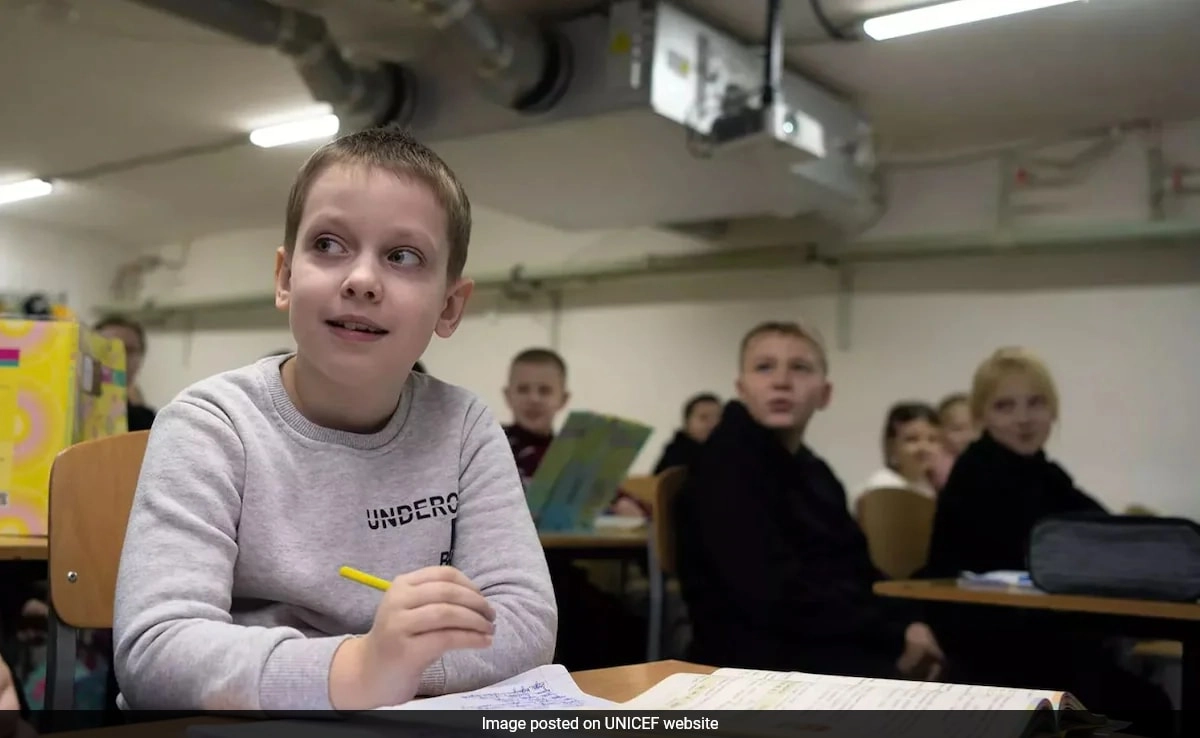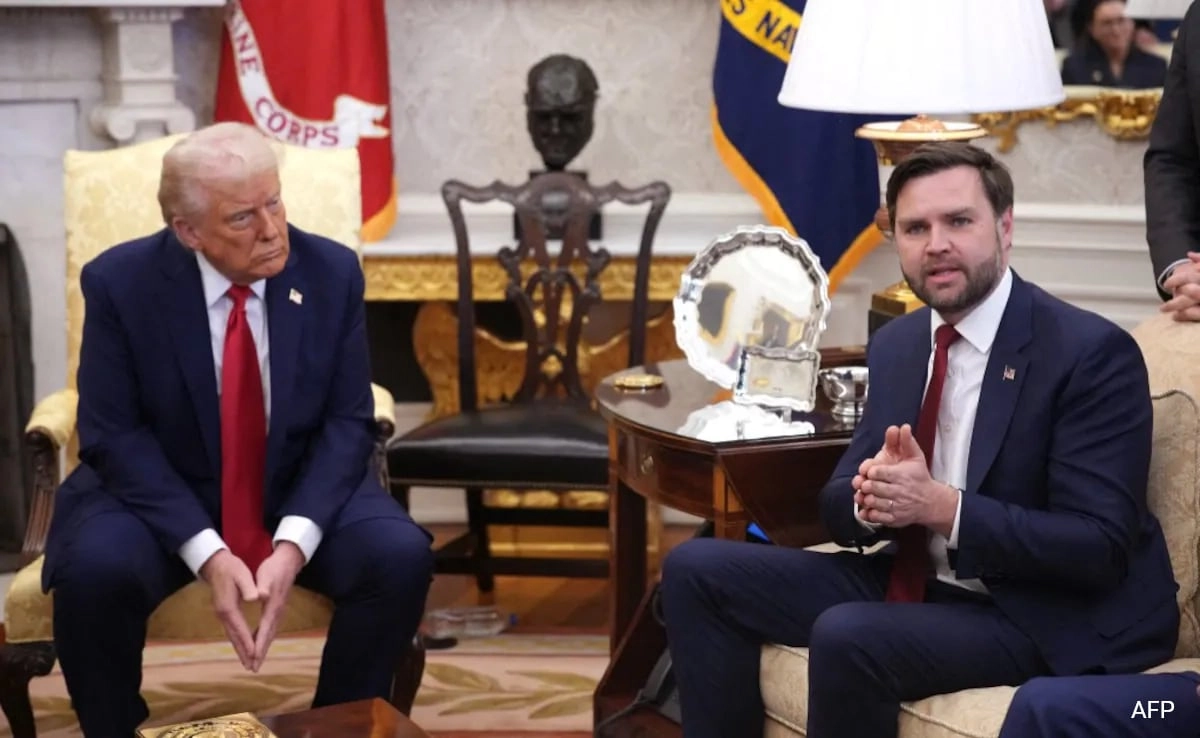As the new school year begins in Ukraine, many children find themselves adapting to an extraordinary and challenging learning environment. In a bid to ensure their safety amid ongoing conflict, students are attending classes in underground classrooms, which were once reserved for bomb shelters. This unique educational setting has become a necessity as Russian bombardments continue to threaten civilian life, forcing parents and educators to find creative solutions to maintain a semblance of normalcy in the lives of these children.
The underground classrooms are equipped with basic educational supplies, and teachers are working diligently to create a nurturing atmosphere despite the grim circumstances. The students, ranging from young children to teenagers, are learning not only their regular curriculum but also crucial life skills that come from enduring such hardship. They engage in lessons that emphasize resilience and adaptability, fostering a sense of community among peers who share similar experiences of fear and uncertainty. For many, this school year represents not just an opportunity for academic growth but also a vital chance for emotional support and stability in a time of upheaval.
While the physical setting may be unconventional, the spirit of learning remains undeterred. Educators are determined to provide quality education, emphasizing the importance of continuity in the face of adversity. The dedication shown by teachers to adapt their methods and materials to the unique challenges posed by the underground classrooms highlights their commitment to the future of these children. Parents, too, are grateful for the efforts made to ensure that their children can still pursue their education, as they understand that knowledge is a powerful tool for hope and recovery.
As the situation evolves, the resilience of Ukraine’s children shines through, demonstrating their ability to adapt to circumstances that would seem unbearable to many. The underground classrooms symbolize not only a response to immediate danger but also a broader determination to protect the rights of children to learn and grow. In the face of ongoing conflict, these young learners are not just surviving; they are laying the groundwork for a brighter future, one lesson at a time.




